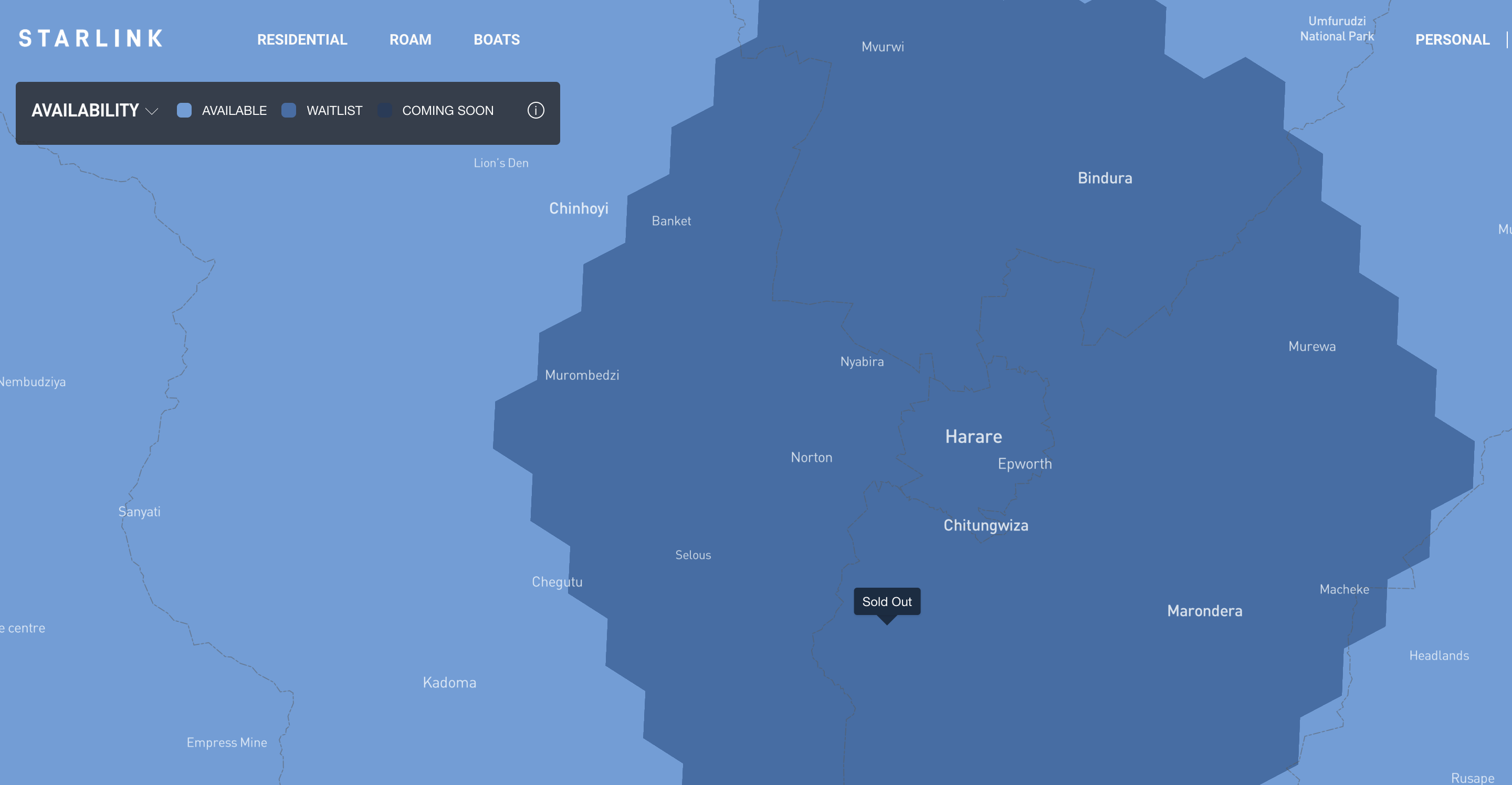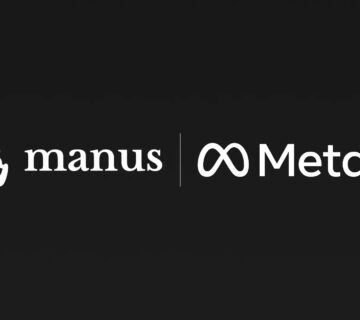Starlink, Elon Musk’s satellite internet venture, has significantly impacted internet access in Zimbabwe since launching, particularly in urban areas like Harare, Norton, and Chitungwiza. However, the service is now facing challenges as demand surges, bringing to light issues of oversubscription, rising kit prices, and the end of Starlink’s roaming option.
Oversubscription Limits Availability in Urban Areas
The popularity of Starlink’s high-speed, satellite-based internet has led to unprecedented demand in Zimbabwe, particularly in Harare and its surrounding regions. Starlink’s service capacity has now reached its limit in Harare, Norton, Chitungwiza, and nearby areas. This means that no new subscriptions are being accepted in these locations until further notice. This oversubscription issue has left many prospective customers frustrated, as they are unable to take advantage of the service in these heavily populated areas, which experience some of the country’s highest demand for reliable internet.
Price Hike on Standard Kits
As demand continues to increase, Starlink has raised the cost of its standard kit from $350 to $389 in Zimbabwe. Local resellers have clarified that this price hike only applies to the standard residential kits and does not impact business plans. The business-focused plans remain unaffected and are still available at their previous rates, which is a relief to larger organizations reliant on the service. However, for individuals and small businesses, the increased cost of entry may be an additional barrier to adoption, especially in a country where affordability is a significant concern for tech services.
Discontinuation of Roaming Services
Initially, before Starlink received its license to operate in Zimbabwe, many customers in the country accessed the service using kits registered in nearby countries such as Malawi, Mozambique, Zambia, and Eswatini. By leveraging Starlink’s “Roam” service, around 5,000 subscribers in Zimbabwe were able to enjoy internet access from these foreign-registered kits.
However, with Starlink’s official entry into the Zimbabwean market, these Roam services have been discontinued. Starlink provided a 60-day grace period for Roam subscribers to either transfer their kit registration to a Zimbabwean address or use the kit in its registered country. For subscribers unable to comply, this change meant a sudden end to their service in Zimbabwe. Those with kits registered abroad now face a choice: either return their kit to its original registration country or lose access altogether. This has been a considerable disruption for Roam users who had relied on this workaround for stable internet access.
While Starlink has been transformative for internet access in Zimbabwe, it now faces growing pains as demand outpaces supply. With oversubscription capping new sign-ups in major urban centers, an increase in kit prices, and the discontinuation of Roam services, Starlink is entering a period of challenges in the Zimbabwean market. Customers are hopeful that Starlink will expand capacity and possibly revisit its pricing structure to make the service more accessible to Zimbabweans, many of whom continue to seek reliable and fast internet options.
 then 'Add to home screen'
then 'Add to home screen' then 'Add to home screen'
then 'Add to home screen'




